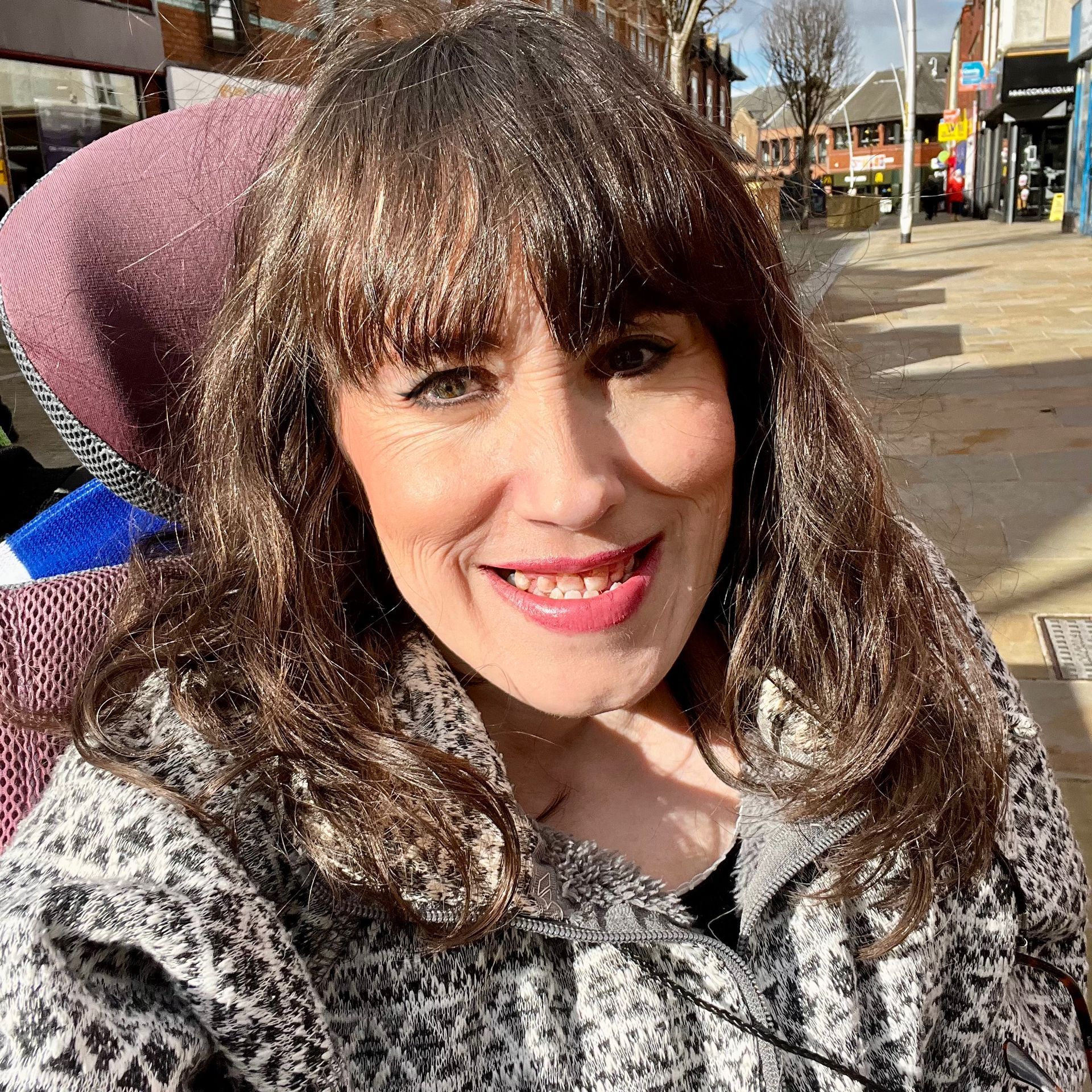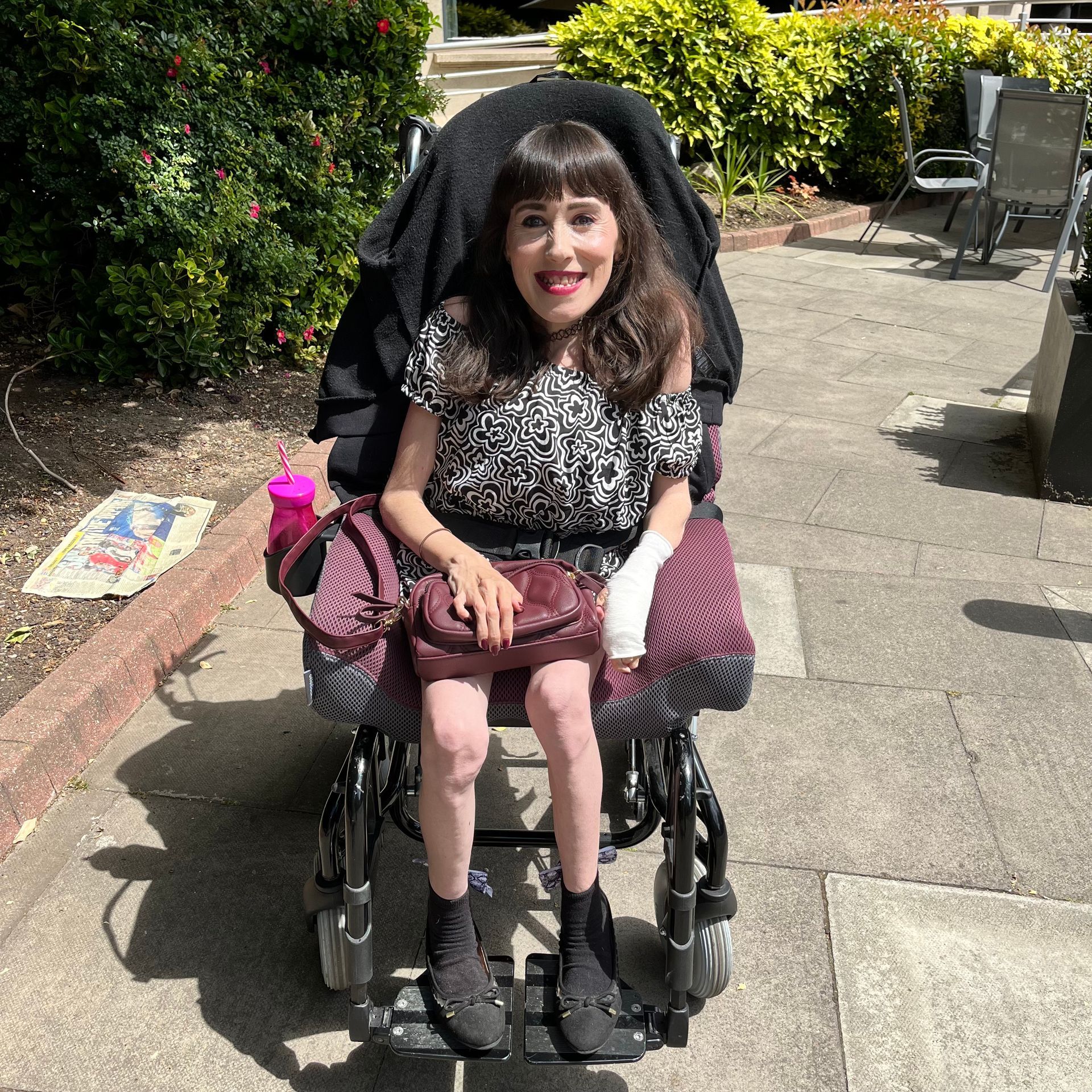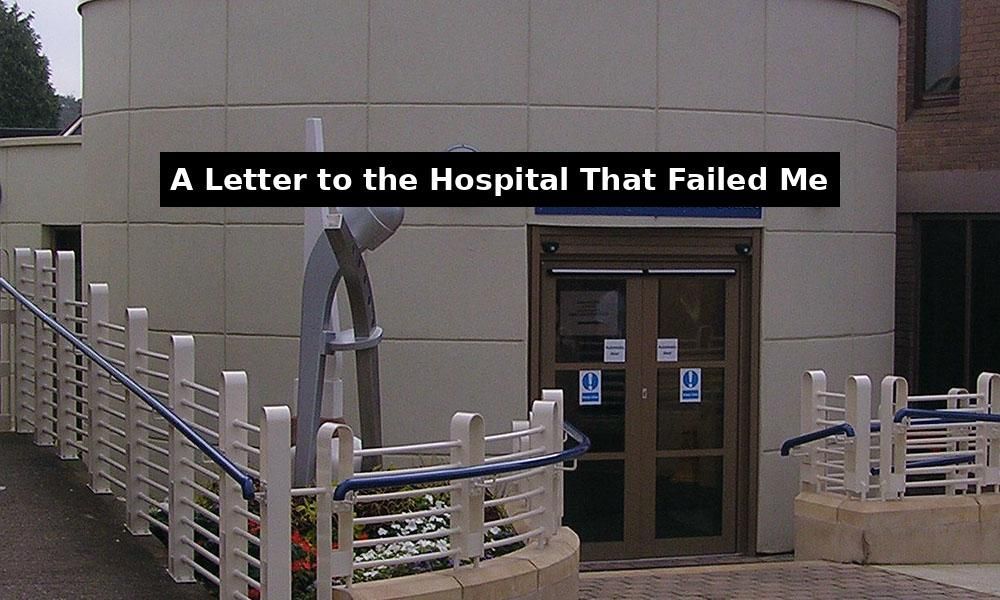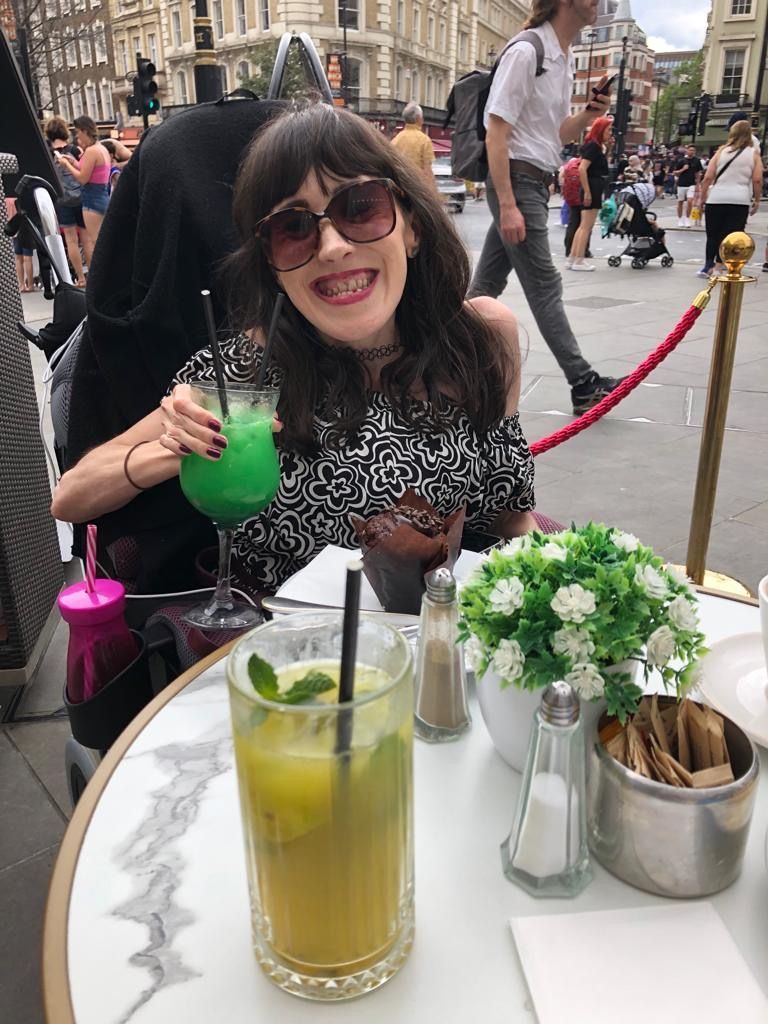DinkyKt's Blog
As Someone with a Rare Disease, Should I Be Worried About NHS Changes?
Navigating Uncertainty: How the NHS Reforms Could Impact Those of Us with Rare and Complex Conditions
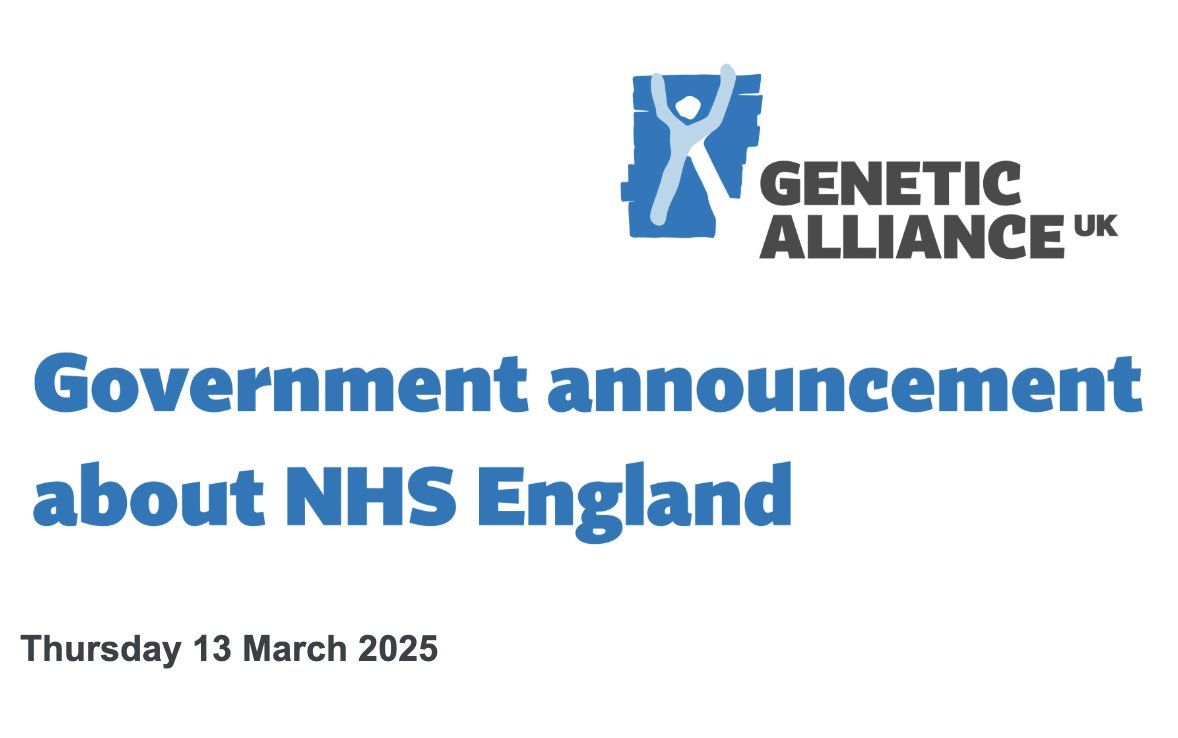
NHS England Reintegrating into the DHSC – What Does It Mean for People with Rare Diseases?
When I first saw the announcement that NHS England will be reintegrated into the Department of Health and Social Care (DHSC), my first thought was: What does this mean for people like me—those of us with rare, genetic, or complex conditions?
As someone living with Classical Ehlers-Danlos Syndrome (cEDS), I know how crucial it is to have access to specialized services, knowledgeable professionals, and continuity of care. Many of us rely on NHS England for treatments, referrals, and long-term support. So, this kind of structural change feels both important and slightly nerve-wracking.
What’s Actually Changing?
Prime Minister Keir Starmer announced that NHS England, which currently operates as an independent public body, will now be brought back under government control through the DHSC. The idea behind this is to improve efficiency, streamline decision-making, and reduce bureaucracy, allowing healthcare professionals to focus more on patient care.
But the big question is: Will this actually improve things for those of us with rare conditions? Or will it just create more uncertainty?
Could This Be a Good Thing?
Let’s start with the positives:
✔ More accountability – With NHS England under direct government control, decisions about funding and services couldbe more transparent.
✔ Potential for quicker decisions – In theory, a more streamlined system could mean that services, treatments, and policies are implemented faster and more efficiently.
✔ Less red tape – If this really does remove unnecessary layers of bureaucracy, it might mean doctors and specialists can focus more on patient care rather than administration.
The Big Worries for the Rare Disease Community
But there are also some serious concerns:
❌ Loss of independence – Right now, NHS England makes decisions based on medical needs, not political agendas. Will that change if it’s controlled directly by the government?
❌ What happens to specialized services? – Many of us rely on NHS England to commission highly specialized treatments and care. Will these still be prioritized?
❌ Will this disrupt care? – Big changes like this take time, and there’s always a risk of delays, miscommunication, or funding shifts that could affect access to care.
What Are Patient Advocacy Groups Saying?
Thankfully, Genetic Alliance UK is already working to assess the full impact of these reforms, especially for people with rare, genetic, and undiagnosed conditions.
They’re looking at how this change might affect funding, service delivery, and patient access—and they want to hear from people directly affected. If you have concerns, questions, or personal experiences, you can reach out to them at policygroup@geneticalliance.org.uk.
What Can We Do?
If, like me, you rely on NHS England for specialized care, here’s how you can stay involved and make your voice heard:
✅ Stay informed – Follow organizations like Genetic Alliance UK and Rare Disease UK to get updates on how these changes may affect you.
✅ Speak up – If you’re worried about your access to care, consider writing to your MP or sharing your experiences with patient advocacy groups.
✅ Join the conversation – The rare disease community is strong, vocal, and determined. Engaging in discussions and advocacy efforts can help ensure we aren’t overlooked.
Final Thoughts
This change could be good or bad—but right now, it’s too soon to tell. What we do know is that our voices matter, and we need to make sure that rare diseases, complex conditions, and specialized care don’t get pushed aside.
I’ll be keeping a close eye on this, and I’d love to hear your thoughts. How do you feel about these changes? Are you worried, hopeful, or just unsure? Let’s talk about it in the comments.





